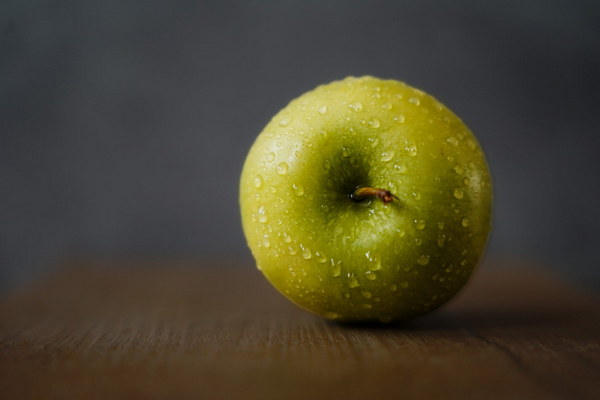Ageless Vitality Top Tips for Staying Fit and Healthy at 65
As we navigate the golden years of our lives, maintaining physical health becomes increasingly important. For those who have reached the age of 65, adopting a holistic approach to wellness can ensure that the body remains robust and the mind stays sharp. Here are some essential tips for staying fit and healthy at 65 and beyond.
1. Regular Exercise
Exercise is a cornerstone of good health at any age, but it becomes even more crucial as we age. Aim for a mix of cardiovascular, strength, and flexibility training:
- Cardiovascular Exercise: Activities like walking, swimming, or cycling help maintain heart health and improve circulation. Start with short sessions and gradually increase the duration and intensity.
- Strength Training: Light weights or resistance bands can help build and maintain muscle mass, which is vital for balance and independence. Aim for two to three sessions per week.
- Flexibility Training: Stretching or yoga can improve flexibility, reduce the risk of injury, and enhance overall mobility.
2. Balanced Diet
A well-balanced diet is key to providing the necessary nutrients for aging bodies. Focus on:

- Nutrient-Dense Foods: Include plenty of fruits, vegetables, whole grains, lean proteins, and healthy fats in your diet.
- Hydration: Drink plenty of water throughout the day to stay hydrated and support joint health.
- Limit Processed Foods: Minimize the intake of processed and sugary foods, which can lead to chronic health issues.
3. Regular Health Check-ups
Regular medical check-ups are essential for early detection and management of health conditions. Discuss with your healthcare provider:
- Blood Pressure Monitoring: Keep tabs on blood pressure to prevent hypertension-related issues.
- Cholesterol Levels: High cholesterol can lead to heart disease; manage it through diet, exercise, and medication if necessary.
- Vision and Hearing Tests: Age-related changes can affect sight and hearing; regular tests can help identify and address these issues early.
4. Mental Stimulation
Keeping the mind active is just as important as physical activity. Engage in:
- Puzzles and Games: Activities like crosswords, sudoku, or memory games can help keep the brain sharp.
- Learning New Skills: Take up a new hobby or learn a new language to challenge the mind and boost cognitive abilities.
- Social Interaction: Regular socializing can improve mood, reduce stress, and provide emotional support.
5. Quality Sleep
Adequate sleep is crucial for overall health. Aim for 7-9 hours of quality sleep each night:
- Establish a Routine: Go to bed and wake up at the same time each day to regulate your body's internal clock.
- Create a Sleep-Friendly Environment: Ensure your bedroom is comfortable, dark, and quiet.
- Limit Stimulants: Avoid caffeine and heavy meals before bedtime.
6. Stress Management
Stress can take a toll on both physical and mental health. Techniques for managing stress include:
- Mindfulness and Meditation: These practices can help reduce anxiety and promote relaxation.
- Hobbies: Engaging in hobbies or activities that bring joy can help alleviate stress.
- Support Networks: Lean on friends, family, or support groups for emotional support.
7. Preventative Measures
In addition to the above, consider:
- Vaccinations: Stay up to date with vaccinations to prevent illnesses such as the flu or pneumonia.
- Fall Prevention: Balance exercises and a safe home environment can reduce the risk of falls, which are common in older adults.
By incorporating these strategies into daily life, individuals over the age of 65 can enjoy a higher quality of life and continue to thrive as they age. Remember, it's never too late to start taking care of your health, and small changes can lead to significant improvements.









